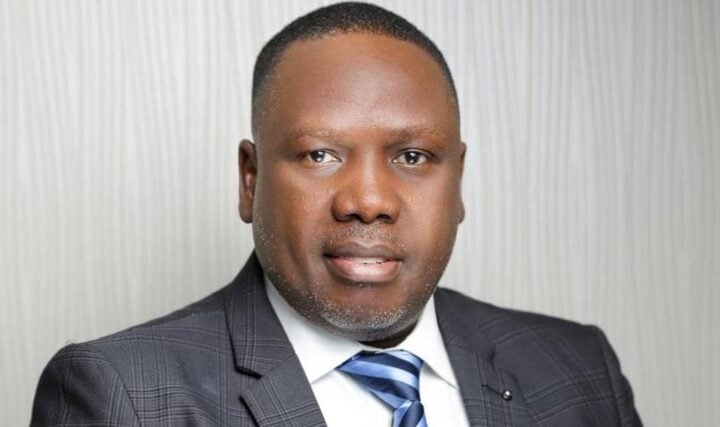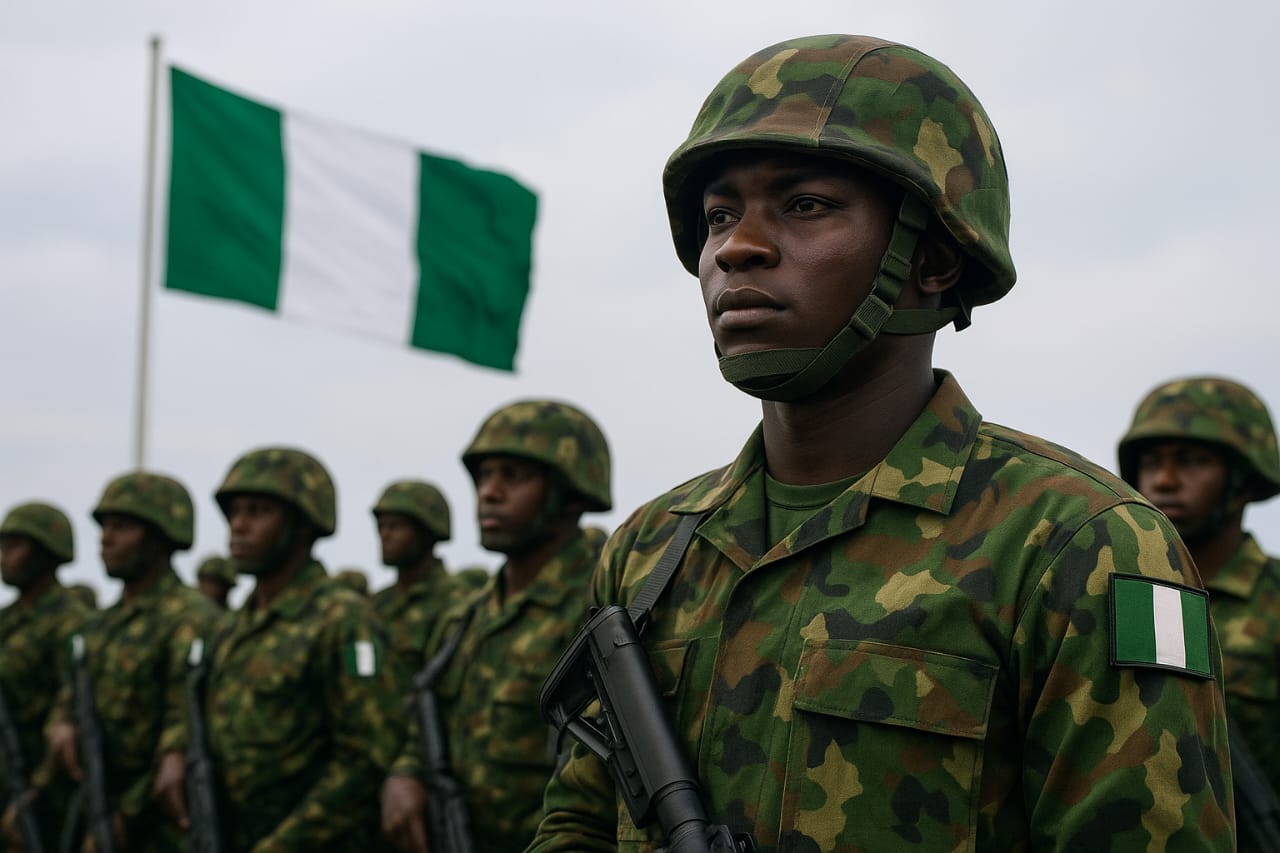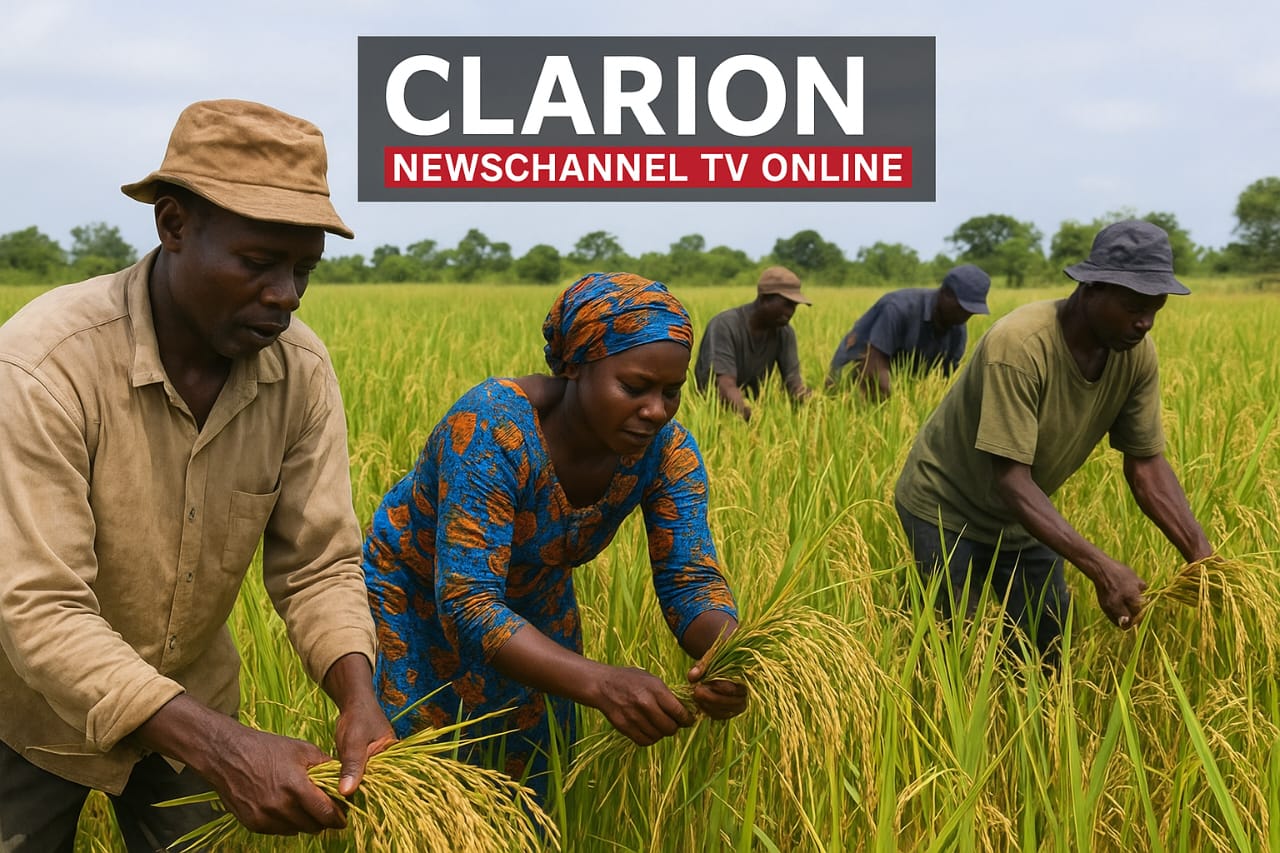Abuja, Nigeria — A meeting between Barr. Daniel Bwala, Special Adviser to the President on Media & Policy Communication, and senior leaders of the Christian Association of Nigeria (CAN) has reignited a bitter public debate over whether the wave of attacks on communities in parts of Nigeria constitutes a targeted “Christian genocide.” The talks, held at CAN’s national secretariat, ended with sharply different public accounts from the Presidency and CAN.
What happened
Bwala said the engagement was part of continued outreach to faith leaders to explain the government’s position and to counter what he described as an international narrative that inaccurately labels the insecurity in Nigeria as a “Christian genocide.” He argued the country’s security crisis affects citizens of different faiths and that available evidence does not meet the legal threshold for genocide.
CAN, however, issued a strongly worded clarification after the meeting, rejecting the Presidency’s reported characterization that the association had dismissed claims of systematic, targeted violence against Christians. CAN’s leadership said its president, Archbishop Daniel Okoh, never described the killings as “so-called genocide,” and reaffirmed that repeated, organised attacks on Christian communities across the North and Middle Belt have left thousands dead and many more displaced. CAN said it presented verified data during the meeting to support its position and called for urgent, transparent action by security agencies.
Key points of disagreement
Terminology and legal standard: The presidency emphasises the narrow legal meaning of “genocide” — typically implying a coordinated, state-driven campaign to exterminate a protected group — and says current evidence does not show state orchestration. CAN and other church leaders insist the pattern and persistence of attacks are consistent with an organised campaign against Christian communities.
Data and methodology: CAN said its briefing included data (it referenced aggregated incident records) showing targeted violence against Christians. The presidency challenged the selection and interpretation of some of that data, saying many victims from the same reports are of various faiths. The disagreement underscores broader disputes over sources, verification, and how casualty figures are compiled and presented.
Narrative and international diplomacy: The controversy has drawn international attention following public comments by foreign politicians and campaigners, describing the attacks as a “Christian genocide.”” The Presidency said such characterisations were misleading and risk harming Nigeria’s diplomatic standing; CAN argued international awareness is necessary to pressure for action and protections for victims.
Stakes and implications
Analysts warn that how the dispute is framed matters politically and for security policy. If violence is viewed principally as criminality and banditry, responses will prioritise policing and counter-insurgency. If it is framed as targeted ethnic or religious persecution, it raises demands for different legal, humanitarian, and accountability measures — and may prompt calls for international investigations, sanctions, or targeted foreign responses. Both sides said the ultimate goal is stopping the violence; they disagreed over the language and remedies.
Reactions and next steps
CAN has urged the federal government and security agencies to act “with urgency, fairness and transparency,” and to investigate and prosecute perpetrators wherever they are found. The association also called on media and officials to avoid language that trivialises victims’ suffering.
Presidency / Bwala said it would continue engagement with faith-based groups to correct what it called an “agenda-driven narrative” abroad and to present the state’s account of events. Bwala indicated that further meetings with other Christian bodies were planned.
Observers urge a neutral, independent audit of available incident data, improved victim protection programs, and clearer public communication from both CAN and the government to reduce the risk of escalation.
Why is Clarion Newschannel watching
This issue sits at the intersection of security, religion, law, and international relations. Clarion Newschannel will continue to track:
(1) new statements and data releases from CAN and the Presidency;
(2) any official investigations or independent audits of the alleged attacks; and
(3) diplomatic or legislative moves linked to the narrative of targeted violence. Accurate reporting, verified casualty figures, and careful sourcing will be essential as the story develops.
—
BWALA MEETS BISHOPS — Presidency, CAN CLASH OVER “GENOCIDE” CLAIMS



